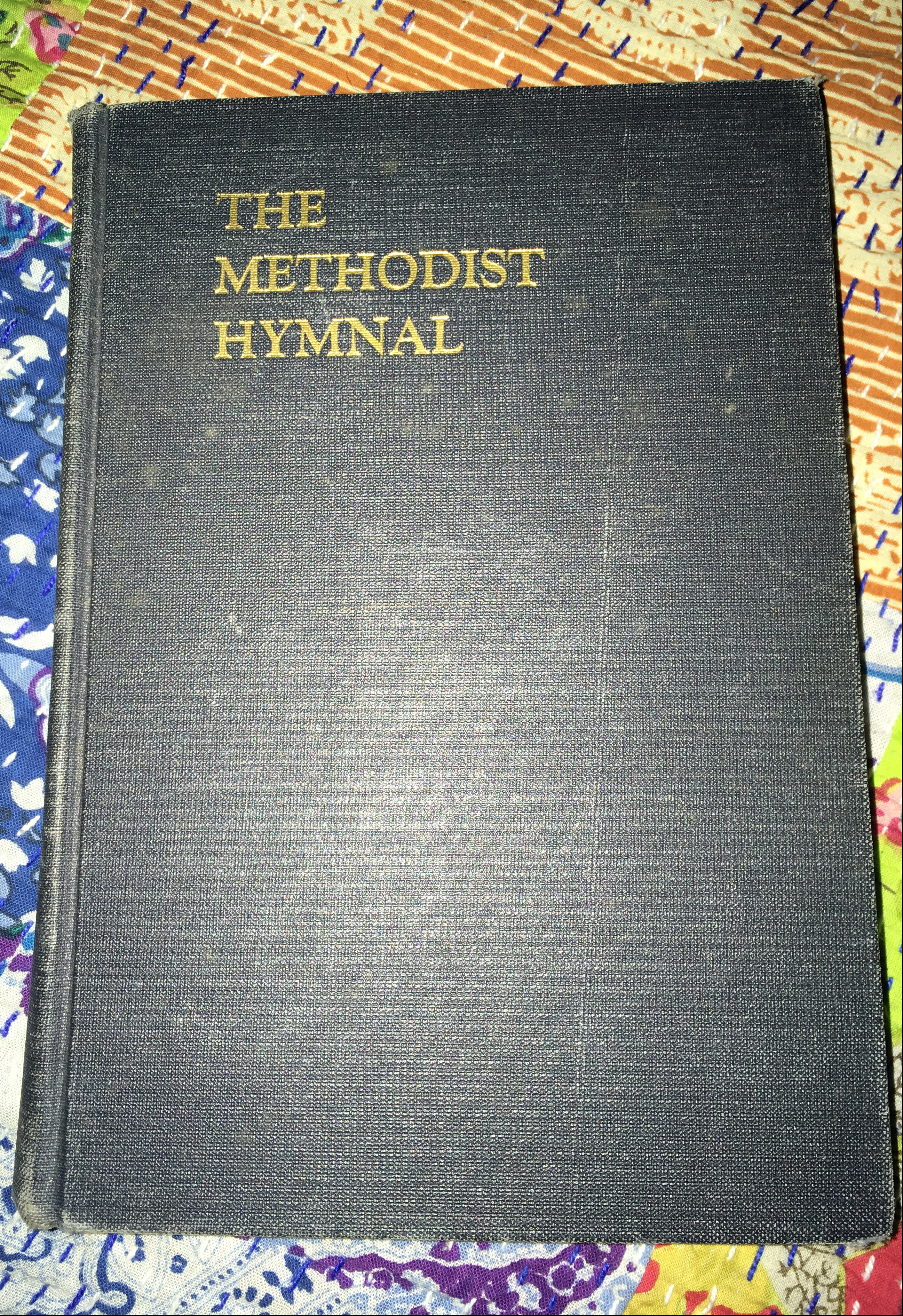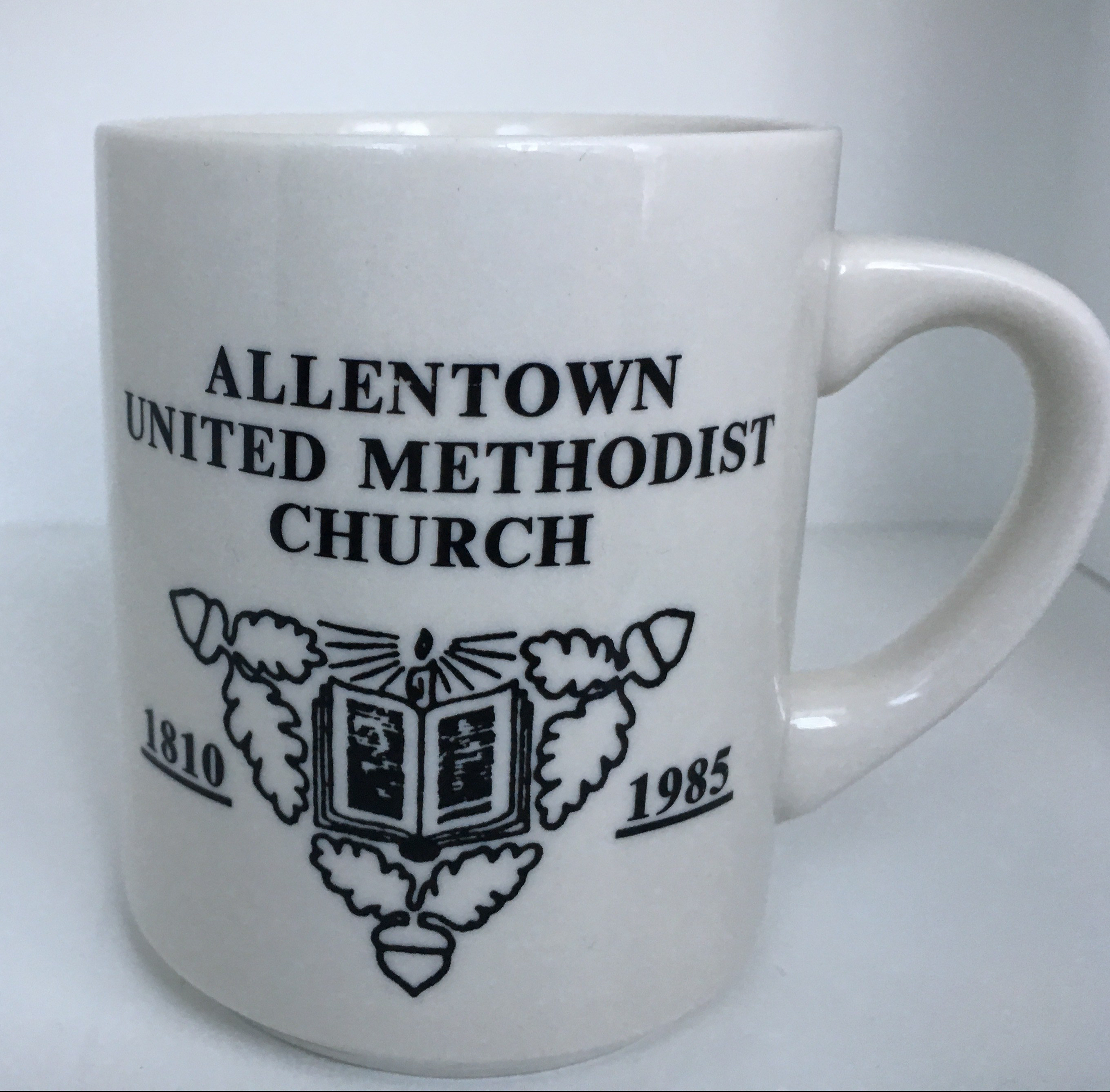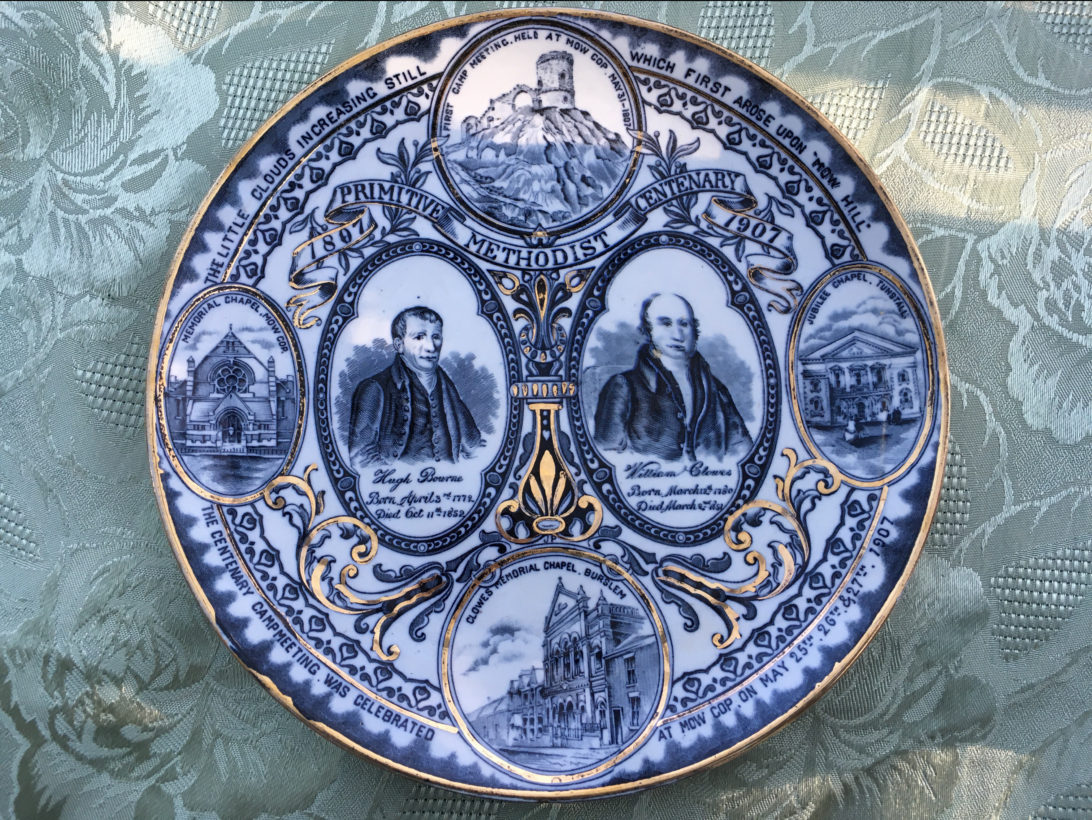I was raised in a United Methodist Church, but I haven’t attended one in many years. I went through my searching phase in college, and I settled in a different denomination as an adult. Coming from a long line of Methodist pastors, I still feel myself deeply connected to the church. I, like many others, watched with curiosity as the UMC met in their special session of the General Conference this past week. I made it a point to check the news as often as possible throughout the session dates. I watched as an outsider with no particular stake in the outcome, but I still felt the tension. I heard the arguments on both sides; I read about the reactions when the final vote came through. I am certain this is not the end of the debate. There has been talk of a church split for decades, and the responses that have followed in the days after the session give weight to those predictions.

When I first left the UMC, my real plan was to be a free agent. I didn’t want to be tied down to any church while I figured out where I stood in my faith. I originally decided to pull my membership because I had moved, and I wasn’t comfortable transferring it to another UMC where I would need to make a profession of faith and of support to that local body. After all, I was in college and wouldn’t be around much. Currently, I attend a church that doesn’t have formal membership so I have never had to formally confirm my beliefs in anything. I suppose there are drawbacks and benefits to both approaches to church community.
The recent events of the UMC has led to wonder what it would look like if I were required to explicitly define my own beliefs. I wonder if that would make an interesting life study. It left me with a lot of questions.
- What would my Book of Discipline look like if I needed to state my stance on each and every theological issue?
- How often I would need to rewrite my own book?
- How much time is healthy to spend on apologetics and doctrine?
- How should we as Christians balance Bible study with other aspects of faith such as prayer, service, and fellowship?
- Are the struggles with doctrine making us more Christ like?
- How do we live in this world as salt and light if we are stuck in our heads debating the various viewpoints of predestination and free-will?
These aren’t rhetorical questions, they are real. I believe it’s important for us to know what we believe and why. That firmness of faith can be vital to us making right choices and enduring difficult times. Yet, it is less likely to move us out of our comfort zone to helping the needy or sharing the good news with others.

Don’t get me wrong, I absolutely think larger church bodies and denominations should be thinking these issues through in great detail. It makes sense for events like the UMC General Conference to spend years debating the details of their Book of Discipline. As a Christian, I should be taking time to see where my beliefs fall on the important issues of doctrine, especially those issues that are front and center in our culture. It provides me more opportunity to share my faith in the context of this world.
For me, I think I probably should be spending a little more time seeking truth in the form of my personal doctrine, but I also need to make sure that I am adding even more time to prayer and service so that I don’t fool myself into thinking I am more Christ like when in fact I am only more knowledgeable.
